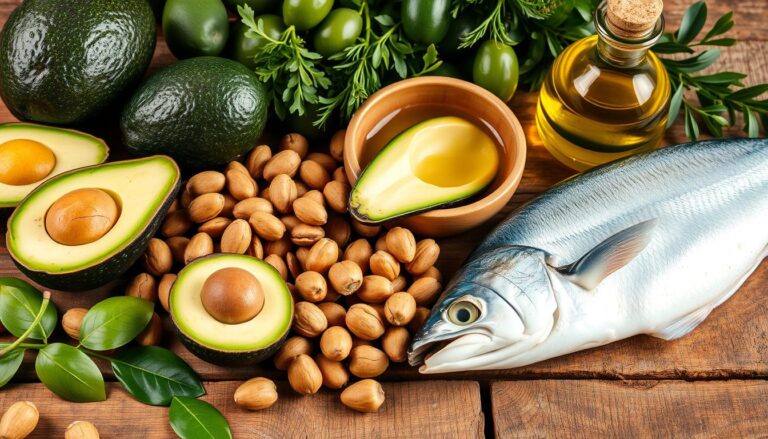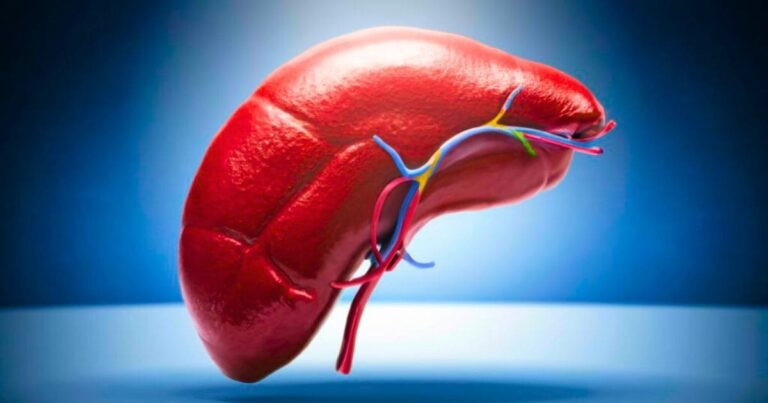Ever wondered which nuts are the healthiest? From crunchy almonds to creamy macadamia nuts, there’s a wide variety of nutritious nuts to enjoy. Explore the fascinating world of nut nutrition facts and find out the top best nuts for diet. These nuts are packed with nutrients and offer great health benefits.
Discover why these nutrient-dense nuts are considered true nutritional powerhouses.
Key Takeaways
- Nuts are a rich source of healthy fats, protein, fiber, vitamins, and minerals.
- Consuming a variety of nuts can provide a range of beneficial nutrients and health effects.
- Nuts are a versatile and convenient snack option, great for supporting weight management and overall health.
- Each type of nut has its own unique nutritional profile and potential health benefits.
- Incorporating nuts into a balanced diet can be a delicious way to boost your nutrient intake.
Introduction to Nuts
Nuts are packed with nutrients and come from hard shells. You’ll find almonds, hazelnuts, and walnuts among others. Chestnuts are different, being starchier and less fatty. Peanuts, however, are actually legumes, not true nuts.
What are nuts?
Nuts grow on trees and shrubs. They have a hard shell that keeps the nutritious kernel inside. This food group is special because it has healthy fats, protein, fiber, and vitamins.
Benefits of eating nuts
- Nuts are full of healthy fats, which are good for your heart and help with weight.
- They have a lot of protein, making them a filling snack that supports muscles.
- Nuts also have fiber, which helps with digestion and keeps you full.
- They’re a great source of essential vitamins and minerals like vitamin E and magnesium.
- Eating nuts regularly might lower the risk of heart disease, type 2 diabetes, and some cancers.
Nuts are not just tasty; they’re also very good for you. Adding them to your diet can boost your health and well-being.

Almonds: A Nutrient-Dense Powerhouse
Almonds are a favorite among health enthusiasts. They are packed with nutrients, making them a superfood. A 1-ounce serving of roasted almonds has 170 calories, 15 grams of fat, 6 grams of protein, and 6 grams of carbs. This includes 3 grams of fiber.
Nutritional Profile of Almonds
Almonds are rich in vitamin E, an antioxidant that boosts immune function and cell communication. One serving gives you 48% of your daily vitamin E needs. They also have a lot of magnesium, with 2 ounces giving you nearly half of what you need daily.
Health Benefits of Almonds
Almonds are good for your heart. They can lower bad cholesterol and blood sugar levels. They also support healthy gut bacteria.
Almonds are full of protein and fiber, helping you feel full and manage your weight. Studies show eating almonds can help you lose a bit of weight and body fat.
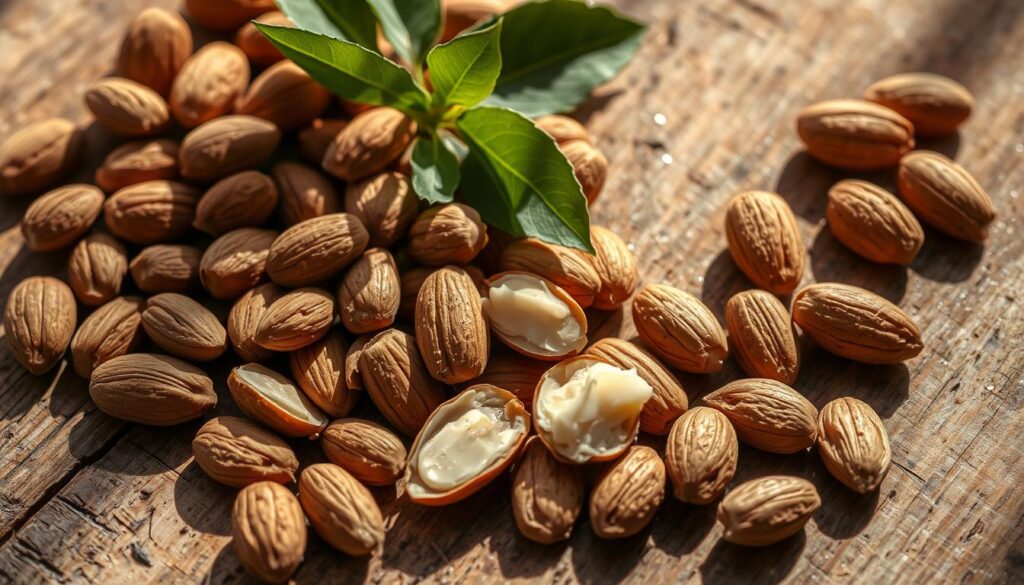
“Eating raw nuts at least twice a week is associated with a 17 percent lower risk of death from heart disease.”
In summary, almonds are a nutrient-rich food with many health benefits. They support heart health, gut function, and weight management. With their tasty flavor and versatility, almonds are a top choice for a healthy diet.
Pistachios: A Flavorful and Nutritious Choice
Pistachios have been loved for thousands of years. They come from the Greek word pistákion, meaning “the green nut.” These nuts are not just tasty but also full of nutrients, making them great for those who care about their health.
A 1-ounce (28-gram) serving of pistachios has 159 calories, 12.8 grams of fat, 5.73 grams of protein, and 3 grams of fiber. They are also rich in vitamins and minerals like vitamin B6. This vitamin is key for metabolism and immune health. Pistachios also have antioxidants and anti-inflammatory compounds.
Studies show pistachios can help with blood pressure and increase antioxidants in the blood. They have a low glycemic index and are high in fiber. This makes them good for managing blood sugar.
Pistachios are also very versatile. You can enjoy them as a snack or add them to salads, desserts, and more. Their delicious taste and nutritional value make them a favorite among nut lovers.
“Pistachios are a superfood packed with protein, fiber, and antioxidants, making them a nutrient-dense and satisfying snack choice.”
In summary, pistachios are a tasty and healthy nut. They offer many health benefits. From their nutrient profile to their antioxidants, they are a great addition to a healthy diet.
Walnuts: Rich in Omega-3s and Antioxidants
Walnuts are a standout among nuts for their rich nutrients and health perks. A 1-ounce (28-gram) serving has 185 calories, 18.5 grams of fat, 4 grams of protein, and 4 grams of carbs. This includes 2 grams of fiber.
Nutritional Value of Walnuts
Walnuts are packed with copper, a key mineral for energy and brain chemicals. They also have a lot of omega-3 fatty acid ALA. A 1-ounce serving has 2.57 grams of ALA.
Potential Health Benefits of Walnuts
Eating 1-2 ounces of walnuts daily can bring many health benefits. They may lower blood pressure, bad cholesterol, and triglycerides. This supports heart health.
Studies also show walnuts can boost brain function and lower dementia risk. This is by tackling heart disease and type 2 diabetes.
“A high intake of ALA (~1.6 grams/day) was linked with a 10% lower risk of dying from all causes, an 8% lower risk of dying from cardiovascular disease, and an 11% lower risk of dying from coronary heart disease.”
Walnuts are a nutritional powerhouse. They offer healthy fats, antioxidants, and key vitamins and minerals. Adding walnuts to your diet can be tasty and good for your heart, brain, and overall health.

Cashews: A Versatile and Creamy Nut
Cashews are loved for their crunchy texture and creamy taste. They go well with both savory and sweet foods. A 1-ounce (28-gram) serving of raw cashews has 157 calories, 12 grams of fat, 5 grams of protein, and 9 grams of carbs. They also have 1 gram of fiber.
Cashews are rich in nutrients that help keep bones strong. They contain protein, vitamin K, magnesium, and manganese. Some studies suggest they might lower blood pressure and triglycerides, but more research is needed.
Nutritional Composition of Cashews
Cashews are full of nutrients that are good for your health. Here’s a detailed look at what they offer:
| Nutrient | Amount per 1-ounce (28g) Serving |
|---|---|
| Calories | 157 |
| Total Fat | 12g |
| Carbohydrates | 9g |
| Fiber | 1g |
| Protein | 5g |
| Vitamin K | 8.1mcg |
| Magnesium | 82mg |
| Manganese | 0.9mg |
Cashews are a nutritious choice that can add health benefits to your diet. Enjoy them on their own or in your favorite recipes. They are both versatile and tasty.
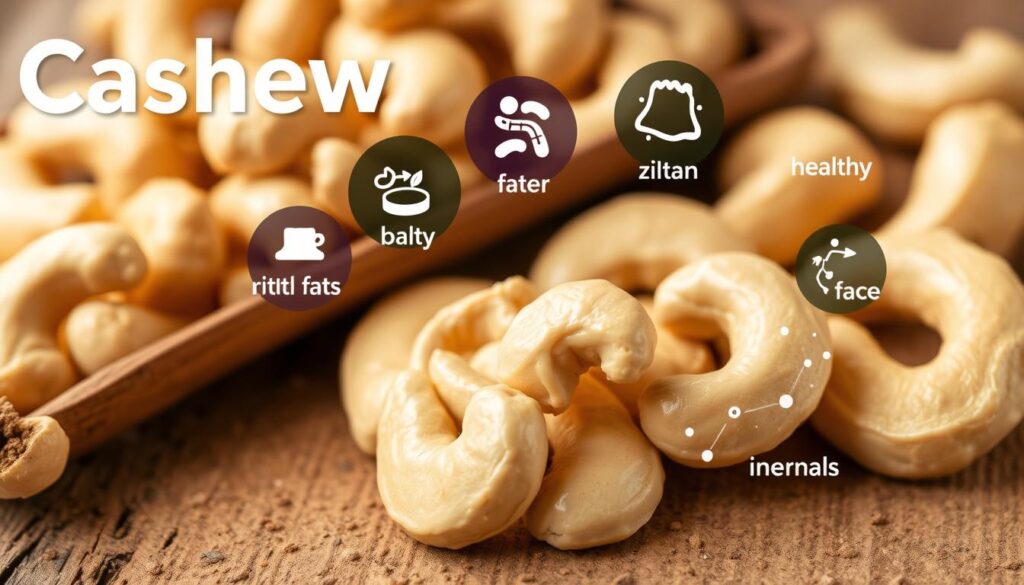
Pecans: A Tasty Source of Plant Sterols
Pecans are mild, buttery nuts that are loved in cakes, pies, and salads. They taste great and are good for you too. These nuts are packed with health benefits, making them a smart snack choice.
A 1-ounce (28-gram) serving of roasted pecans has 201 calories, 21 grams of fat, 3 grams of protein, and 4 grams of carbs. They also have 3 grams of fiber. Plus, they’re a good source of zinc, which is key for your immune system and growth.
Studies show that eating pecans can help your heart. They lower LDL cholesterol and triglyceride levels. This is thanks to plant sterols in pecans.
- Pecans are full of antioxidants, more than any other nut.
- Eating a handful of pecans daily can lower cholesterol as well as meds.
- Pecans may help with weight loss and maintenance by boosting metabolism and making you feel full.
With their pecan nutrition facts and health benefits, it’s clear why pecans are a tasty and nutritious choice. They’re among the healthiest nuts in the world.
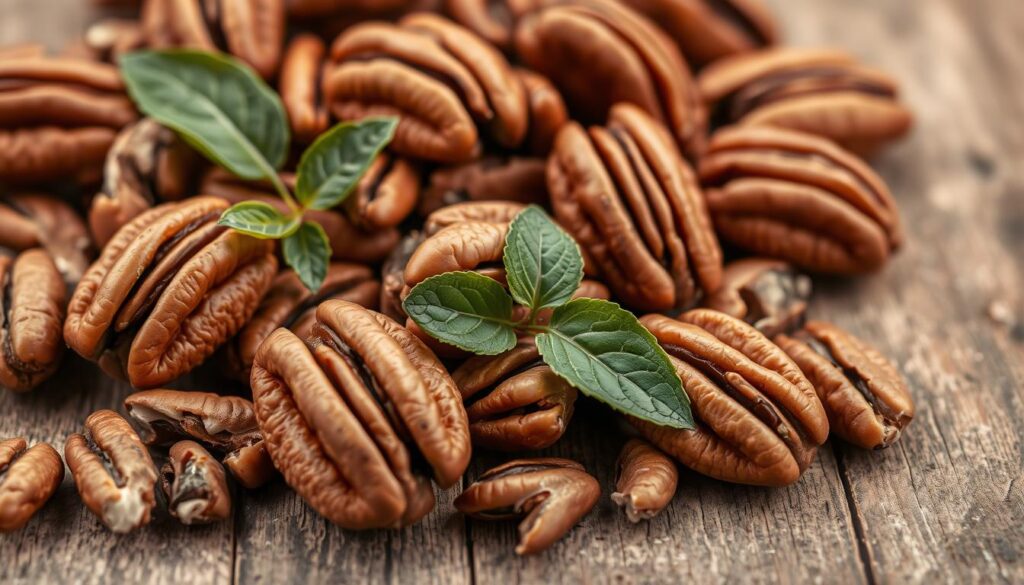
Macadamia Nuts: Indulge in Their Buttery Goodness
Macadamia nuts are a tasty and healthy snack. They have a buttery taste and are packed with nutrients. Let’s look at the macadamia nut nutrition facts and see why macadamia nuts are good for you.
Nutritional Profile of Macadamia Nuts
A 1-ounce (28.35-gram) serving of macadamia nuts is full of good stuff. They have 76 grams of total fat per 100-gram serving, with 12 grams of saturated fat. They also have 9 grams of dietary fiber and 8 grams of protein per 100-gram serving.
These nuts are rich in healthy fats and omega-9 fatty acids. They help control blood sugar levels in people with diabetes. Plus, they’re low in sodium and high in potassium, which is good for blood pressure.
“Consuming macadamia nuts can lower blood pressure due to their low sodium and high potassium content.”
Macadamia nuts are not just good for you; they’re also tasty. They offer many health benefits that make them great for a balanced diet.
Health Benefits of Macadamia Nuts
- Improved cholesterol levels: Studies show that eating macadamia nuts can lower LDL (“bad”) cholesterol and triglycerides.
- Reduced inflammation: They contain compounds that fight inflammation, which can help with conditions like rheumatoid arthritis.
- Enhanced bone health: Rich in minerals like phosphorus, magnesium, calcium, and manganese, they support strong bones.
- Gut health benefits: Oleic acid in macadamia nuts may help with conditions like ulcerative colitis, improving gut health.
- Improved skin, nails, and hair: Omega-7 fatty acids in them can make skin, nails, and hair healthier.
While macadamia nuts are healthy, they are also high in calories and fat. It’s important to eat them in moderation when incorporating macadamia nuts into your diet.
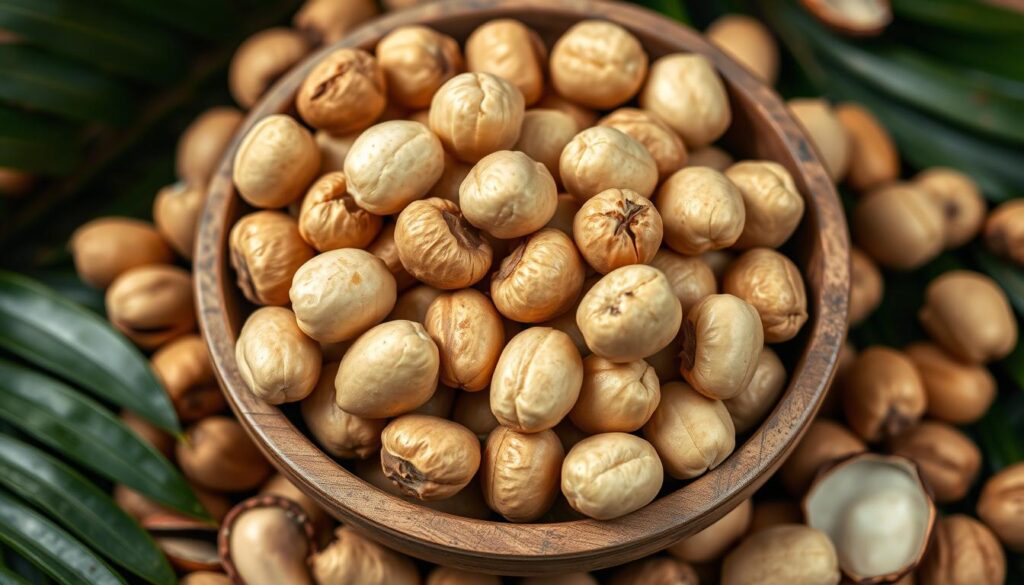
Brazil Nuts: An Excellent Source of Selenium
Brazil nuts are a nutritional powerhouse. A 1-ounce serving has 186 calories, 19 grams of fat, 4 grams of protein, and 420 milligrams of selenium. That’s 989% of the daily value!
Selenium is key for thyroid health, metabolism, and DNA. Brazil nuts have more selenium than tuna, halibut, or sardines.
Nutritional Highlights of Brazil Nuts
- High in Selenium: One Brazil nut gives you 91 micrograms of selenium, the daily amount.
- Rich in Antioxidants: They have vitamin E, fighting oxidative stress and inflammation.
- Heart-Healthy Fats: They have fats that help your heart by improving blood flow and cholesterol.
- Fiber and Protein: Good for feeling full and overall health.
- Mineral Powerhouse: They also have magnesium, potassium, calcium, zinc, and iron.
Eating Brazil nuts boosts your selenium and health. But, eat only a few nuts a day because of their high selenium.
“Brazil nuts are one of the richest dietary sources of selenium, far surpassing other selenium-rich foods like tuna, halibut, and sardines.”
Hazelnuts: A Flavorful Addition to Dishes
Hazelnuts are a versatile and nutritious nut that can add a delightful flavor to a variety of dishes. These nuts are packed with essential nutrients, making them a great addition to a healthy diet. Let’s explore the hazelnut nutrition facts and uncover the health benefits of hazelnuts that make them an excellent choice for your next snack or meal.
Nutritional Value of Hazelnuts
A 1-ounce (28-gram) serving of hazelnuts contains 178 calories, 17 grams of fat, 4 grams of protein, and 5 grams of carbs, including 3 grams of fiber. Hazelnuts are also a rich source of vitamins and minerals, such as vitamin E and manganese. Additionally, they are loaded with beneficial plant compounds, including gallic acid, epicatechin, caffeic acid, and quercetin.
Research suggests that regularly including hazelnuts in the diet may help reduce certain heart disease risk factors, such as elevated LDL cholesterol and total cholesterol. The high-quality fats, fiber, and antioxidants found in hazelnuts contribute to their potential health benefits, making them a great reason why hazelnuts are good for you.
“Hazelnuts are a versatile and nutritious nut that can add a delightful flavor to a variety of dishes.”
Whether you enjoy them on their own as a snack, sprinkled over a salad, or incorporated into baked goods, hazelnuts are a delicious and flavorful addition to any dish. Their crunchy texture and nutty taste can enhance the overall appeal and nutritional value of your meals.
What are the top 9 healthiest nuts?
Nuts are a great choice for a healthy snack. Some nuts are especially good for you. Let’s explore the top 9 healthiest nuts and why they’re the best.
Recap of the Top 9 Healthiest Nuts
The top 9 healthiest nuts are:
- Almonds
- Pistachios
- Walnuts
- Cashews
- Pecans
- Macadamia Nuts
- Brazil Nuts
- Hazelnuts
- Peanuts (technically a legume, but similar in nutrient profile to tree nuts)
These top nutritious nuts are full of good stuff like healthy fats, protein, and fiber. Eating a variety of these best nuts for health can help your heart, keep you at a healthy weight, and even lower cancer risk.
Whether you like cashews, macadamia nuts, or almonds, there’s a healthiest nut for everyone. Adding these top nutritious nuts to your snacks can boost your health and open up many health benefits.
Conclusion
Nuts are a great snack that’s good for you. They come in many types, like almonds and walnuts. These nuts are full of healthy fats, protein, and fiber.
They also have vitamins and minerals. This makes them a great choice for a healthy diet.
Eating different kinds of nuts can help your heart and help you manage your weight. They might even lower the risk of some diseases. Nuts are tasty and good for you, making them a great snack.
Knowing about the health benefits of nuts can help you eat better. They’re good for your heart and can help with weight management. Adding nuts to your diet is a simple way to improve your health.
